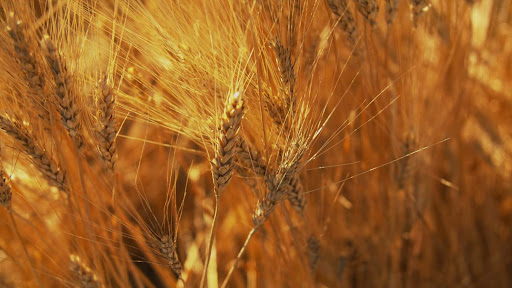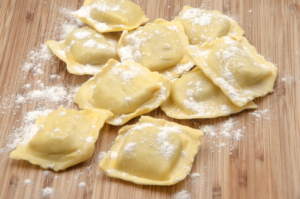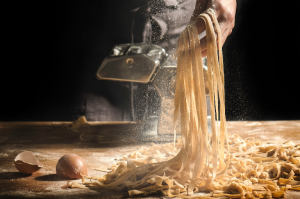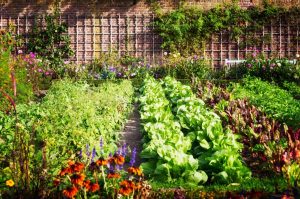Here at Let’s Pasta we are dedicated to healthy food, healthy families and healthy communities. So, of course, we support sustainable agriculture! They are all intimately tied together and in this article we explain how.
Sustainable vs Industrial Agriculture
Sustainable agriculture is a holistic approach to growing food that goes beyond economic growth, important as that is, to take environmental and social factors into account as well. The idea is to recognize how the complete system with all its various components work together to benefit each other and the whole. As a result, sustainable agriculture is fair to workers and integrated into the community; it is profitable and contributes to a healthy economy and it not only doesn’t harm the environment, but actually contributes to its vitality. Sustainable farming can be implemented by farms of any size, again emphasizing the focus on building inclusive communities and economic health for all.
This type of approach is completely different from industrial farming which has been the norm for the past few decades. Industrial farming typically is not concerned with the stewardship of the land, instead depleting its rich fertility through growing the same crop over and over and by relying on large amounts of pesticides and fertilizers to make up for the soils resulting sterility. Because industrial farming practices don’t replenish the soil, they simply aren’t sustainable.
Working With Nature
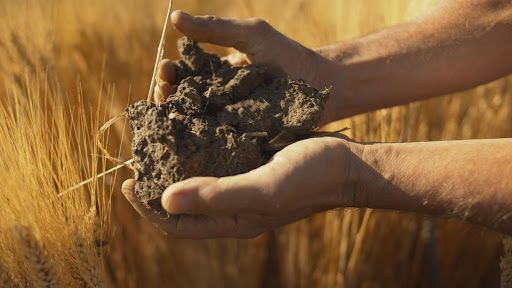
The goal of sustainable farming is to work with nature in all its complexity, and so the farm is seen as an ecosystem in itself. Sustainable agriculture does use many age-old farming practices, but also incorporates cutting-edge science to increase productivity while reducing environmental damage. Diversity is seen as one of the key elements to preserve and encourage on the farm. This translates to practices such as:
Rotating Crops: Rotating crops or growing a diversity of crops in the same area will help with soil health and pest control
Planting cover crops: Instead of leaving the land bare in between crops, cover crops such as clover or hairy vetch will help replenish soil fertility, and will halt erosion and weeds as well.
Reducing Tillage: Plowing in preparation for planting can result in soil loss and so this practise is discouraged in favour of “direct seed” planting in undisturbed or minimally tilled soil.
Integrated Pest Management: Instead of using chemical pesticides, sustainable farming practices employ a diversity of healthier methods including both mechanical and biological measures.
Incorporating a diversity of activities and land use: Science has shown that treating the farm itself as an ecosystem with many different parts supporting each other is the most efficient. What this means in practice is to integrate livestock and crops; to add trees or shrubs into the farming business — which also has the benefits of providing shade and protecting water; to respect uncultivated areas for their role in controlling erosion and providing natural areas for biodiversity that attract pollinators.
Coming Full Circle
We are proud to be part of this healthy cycle of growth that celebrates and feeds life rather than draining its vibrancy. We’ve forged relationships with a large, sustainable agricultural network to supply us with the highest quality grain, vegetables and dairy to produce our pasta and sauces. It all works together to create an integrated, healthy landscape that will allow everybody to thrive.

